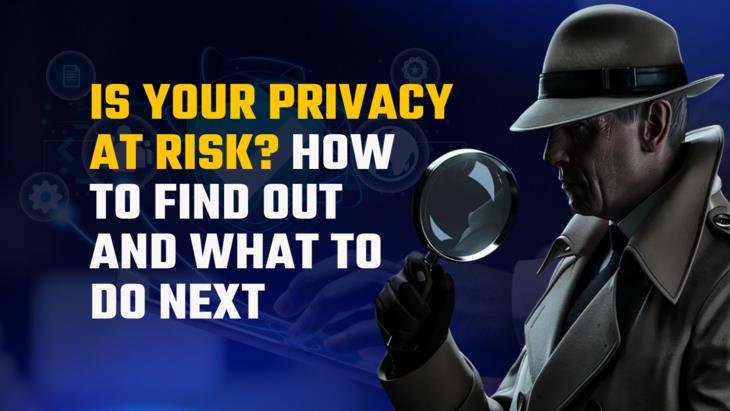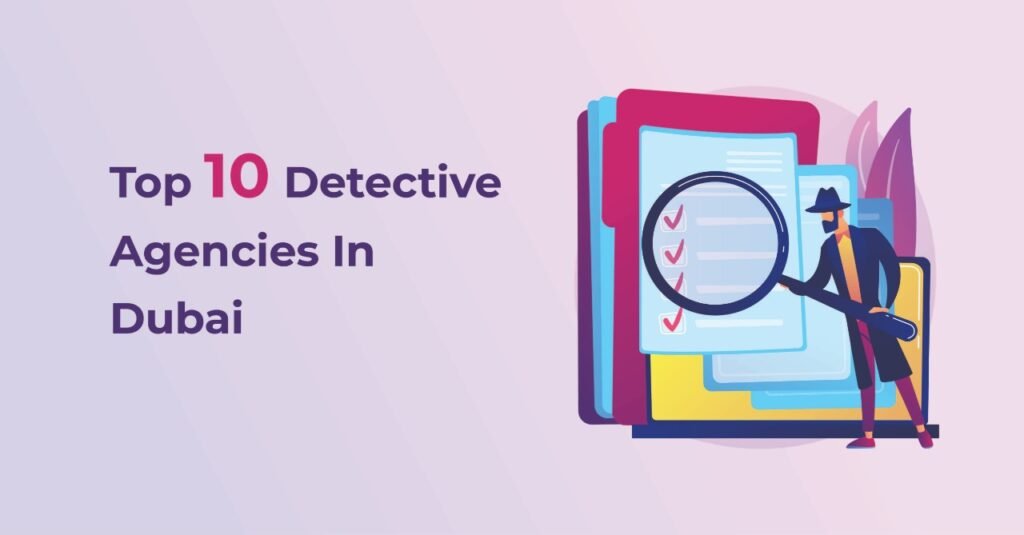Privacy seems like a rare gift in the hyperconnected world of today. From cellphones and smart homes to social media and online services, our personal data is everywhere—and thus is the risk of someone invading our personal life. Protecting your privacy has become more crucial than ever whether your concerns are about eavesdropping devices, hidden cameras, or cyber snooping.
But how can one find out whether their privacy is indeed under danger? And should it be, how can you get back under control? This manual will enable you to spot possible privacy hazards and offer doable steps to protect your personal environment.
Why Is Privacy More Vulnerable Than Ever?
Understanding why privacy threats are increasing will help you to better appreciate whether your privacy is at danger.
- Contemporary Technology: Little, cheap spy products or devices including audio bugs, GPS trackers, and hidden cameras have become rather common. Homes, offices, or cars can all easily hide these gadgets from view.
- Digital Footprint: Every app you use, every website you visit, every online transaction generates digital data that can be tracked, gathered, or hacked.
- Social Engineering: Cybercriminals use psychological techniques known as social engineering to control people into disclosing private information—sometimes without their even awareness.
- Surveillance: Sometimes the threat originates from inside—family conflicts, corporate espionage, or unapproved friend monitoring.
First step in safeguarding your privacy is realising these hazards.
Signs Your Privacy Might Be compromised
How would you find out someone might be listening in on you? These are some red flags to be on lookout:
1. Strange Device Action:
- Your smartphone battery runs faster than usual.
- Your phone or computer acts erratically, like turning on by itself or unusual background noise on calls.
- Unanticipated slowdowns or software faults.
These can point to attempts at hacking or spyware.
2. Odd Sounds or Disturbances
- In phone conversations, hearing echoes, clicks, or static.
- On nearby walkie-talkies or audio equipment.
Such disruptions would imply that your calls are under observation or tapping.
3. Unnatural Objects or Modifications
- Finding strange wires, microphones, or small cameras in your house, business, or car.
- Unexpected changes in your surroundings, like furniture shifted or missing items.
Sometimes intruders leave traces of tampering or physical surveillance tools behind them.
4. Unexplained Data Consumption
- Your phone bills or internet data jumps without logic.
- Strange calls you missed or outgoing messages.
High data usage can point to spyware sharing your data.
5. Feeling Observed or Followed
- Seeing strange faces about your house or place of business.
- Receiving repeated calls or messages from unidentified sources.
Often the first warning is intuition.
How Can You Find Out Whether Your Privacy Is Under Attack?
Once you see suspicious indicators, it’s time to gently but thoroughly probe. These are some doable actions you might follow:
1. Execute a Physical Sweep
- Go over your house, workplace, and car carefully.
- Search for odd or out-of-place objects, tiny wall or furniture holes, or blinking lights on appliances.
- Inspect smoke detectors, clocks, power outlets, lamps, and other often used hiding places for cameras or microphones.
- Sear dark corners for lens reflections using a torch.
If you’re not sure or the work seems daunting, think about paying expert debugging and bug sweeping services that focus on spotting covert surveillance equipment.
2. Examine Your Electronic Tools
- On your tablets, computers, and phones, run reliable antivirus and anti-malware scans.
- Go over installed programs and tools for anything unusual or suspicious.
- Make all of your devices current with the most recent security fixes.
- On accounts, set two-factor authentication and routinely change passwords.
3. Track Your Network Load
- See what data your devices are sending or receiving by means of network monitoring tools or apps.
- Disconnect unrecognisable devices from your Wi-Fi network.
- Think about changing your Wi-Fi password and stepping up router security.
4. Check Your Phone and Correspondence
- See call and message logs for unidentified numbers.
- When not using Bluetooth or location services, turn off both.
- Grant app rights to access contacts, camera, or microphone with care.
What Should You Discover Evidence of Intrusion?
Finding indicators of invasions of your privacy can be disturbing, but there are actions you can take to restore control:
- Record all: Record carefully your findings, when, and where you came across. If at all possible, grab pictures or videos. Should you decide to seek professional assistance or notify authorities about the problem, this material will be invaluable.
- Eliminate or Turn off Spy Tools: Should you discover cameras or physical bugs, carefully remove them or call professionals able to do so without compromising your property or drawing attention to intruders.
- Consolidate Your Digital Safety: On important accounts, change all of your passwords and turn on two-factor authentication. To encrypt your web traffic, think about running a VPN.
- Notify relevant authorities: See the police or solicitors right away if you believe you are being stalked, harassed or under criminal surveillance. Under Indian law, surveillance without permission can be criminal and punished.
- Consult a Professional: Private detective agencies or specialised bug sweeping companies have the tools and knowledge to find concealed devices, complete security audits, and counsel on additional safety precautions.
Strategies for Future Preventing of Privacy Intrusions
Always preferable to cure is prevention. These suggestions will help you to preserve your privacy over time:
- Look for new or suspicious devices routinely in your living and offices.
- Limit public or social media sharing of personal information.
- Change your strong, distinctive passwords regularly.
- Teach colleagues and family members about privacy concerns.
- With regard to whom you trust having access to your tools and areas.
Conclusions
In a world of smart technology and mounting invasions of personal privacy, alertness is absolutely vital. Although the prospect of being watched or listened to can naturally overwhelm one, knowing the indicators and acting practically will make all the difference.
Empowerment drives your protection of privacy, not paranoia. Maintaining personal space and enjoying peace of mind depend on your being proactive and informed.
See professional bug sweeping or detective agencies knowledgeable in electronic surveillance detection if you require tailored advice or assistance with privacy protection. Your right to privacy is one to defend.
[/et_pb_text][/et_pb_column][/et_pb_row][/et_pb_section]


